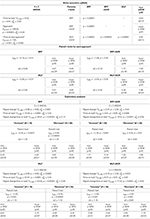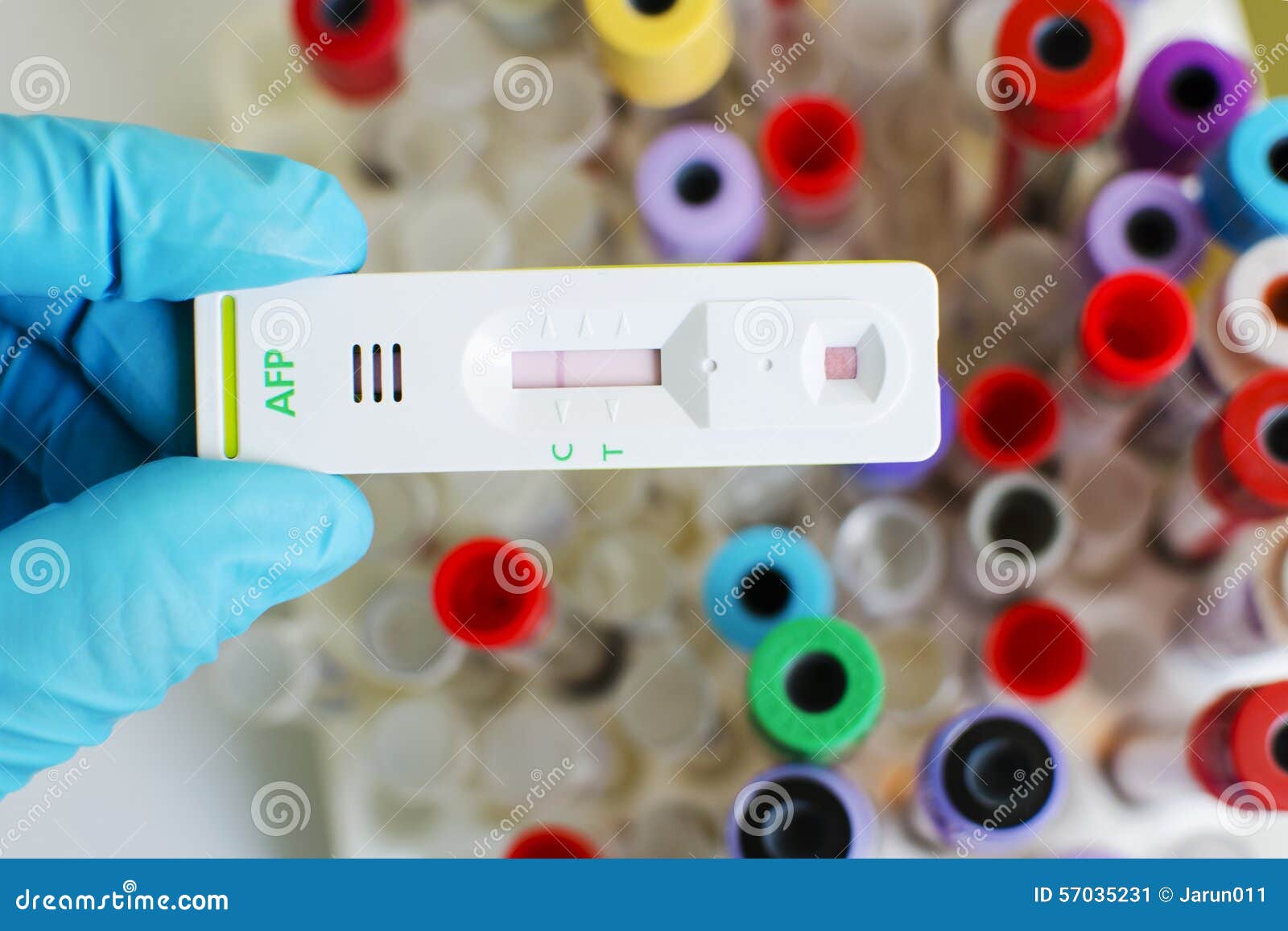
The detection rate for common trisomies such as 18, 21 and gender chromosomes is estimated to be greater than 99% and detection rate for trisomy 13 is ~ 90%. They can also detect the presence of X and Y chromosomes.
Afp test done second sequential screening free#
Noninvasive prenatal screening (cell free DNA testing) is a maternal blood test that detects common chromosome abnormalities in pregnancies at 10 or more weeks based on directed analysis of fetal DNA in maternal blood. Screening for High Risk Pregnancies: Noninvasive Prenatal Screening (cell free DNA testing)įor women that will be 35 years or older at delivery, have an abnormal fetal ultrasound, or an abnormal first trimester screening, there is a newer type of chromosome screening that is available. It is typically drawn between 11 and 13 weeks 6 days gestation. First trimester screening assesses the chance of having a baby with Down syndrome and trisomy 18. It is also important to remember that not every baby with Down syndrome or trisomy 18 will be identified with this screen.įirst trimester screening involves a specific ultrasound measurement called “nuchal translucency” and a maternal blood draw. It is important to remember that this is a screening test and that even when it is “screen positive”, most often the baby is healthy. First trimester screening is designed to identify women who may be at increased risk of having a baby with Down syndrome or trisomy 18. This recent advancement in prenatal care is called first trimester screening. When a pregnant woman sees her doctor in the first trimester of pregnancy she may be offered a screening test for Down syndrome and trisomy 18. Screening for Down syndrome and Trisomy 18 Once a first trimester screening is performed, additional tests can give a definite answer about these and other conditions, if desired. Likewise, not every baby with Down syndrome or trisomy 18 will be identified through first trimester screening. Even with an “abnormal” screen, most of the time the baby is healthy. It’s important to remember that first trimester screening is an indicator, not a definitive answer, about a baby’s health or condition. First trimester screening must be performed by an ultrasonographer or physician who is certified in nuchal translucency measurement. The screening involves a maternal blood test and an ultrasound measurement called “nuchal translucency.”įirst trimester screening can be done between 11 and 13 weeks gestation (sooner than other screening tests), and results take about one week. These conditions are types of chromosomal abnormalities. Maternal Research Placenta & Cord Blood Bankįirst trimester screening is designed to identify whether you may be at increased risk of having a baby with Down syndrome or trisomy 18.Clinical Trials and Research for General OBGYN.Clinical Trials and Research for Women’s Cancers.Milwaukee Adolescent Sexual Health Curriculum.Multidisciplinary Gynecologic Oncology Tumor Board.M3 & M4 Preceptorships & Clinical Electives.Gynecologic Oncology Fellowship Program.MFM Fellowship Experience & Rotation Schedules.Maternal-Fetal Medicine Fellowship Program.Clinical, Translational Science, and Educational Resident Research Program.

Contact Numbers & Directions by Location.

Urogynecology Services and Specialized Care.Reproductive Endocrinology & Infertility.Gynecologic Cancer Education & Support Connection.Genome-wide fetal aneuploidy detection by maternal plasma DNA sequencing. Bianchi DW, Platt LD, Goldberg JD, Abuhamad AZ, Sehnert AJ, Rava RP.CARE Study Group: DNA sequencing versus standard prenatal aneuploidy screening. Bianchi DW, Parker RL, Wentworth J, et al.Noninvasive prenatal screening for fetal aneuploidy, 2016 update: a position statement of the American College of Medical Genetics and Genomics. Gregg AR, Skotko BG, Benkendorf JL, et al.Noninvasive prenatal diagnosis of fetal trisomy 18 and trisomy 13 by maternal plasma DNA sequencing. Chen EZ, Chiu RW, Sun H, Akolekar R, Chan KC, Leung TY, Jiang P, Zheng YW, Lun FM, Chan LY, Jin Y, Go AT, Lau ET, To WW, Leung WC, Tang RY, Au-Yeung SK, Lam H, Kung YY, Zhang X, van Vugt JM, Minekawa R, Tang MH, Wang J, Oudejans CB, Lau TK, Nicolaides KH, Lo YM.

Analysis of cell-free DNA in maternal blood in screening for fetal aneuploidies: updated meta-analysis.


 0 kommentar(er)
0 kommentar(er)
